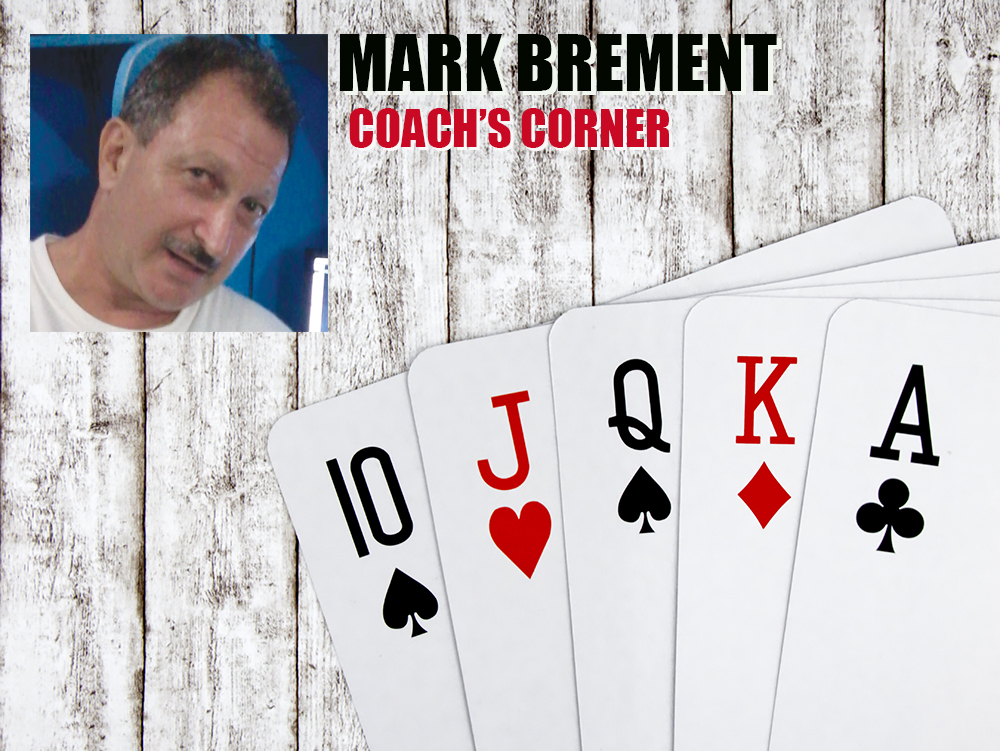Once upon a time, I played full-time poker for a living. One day I wrote a letter to Pima Community College in Tucson, Ariz., and suggested a poker course. At the interview, I was shocked to learn the college intended to pay me. I thought I was volunteering. (We call that a labor of love.) After more than five years of teaching poker in a classroom, and having a poker school; I can confidently say I know how to coach this game. And without a doubt, the adage minute to learn, lifetime to master holds true.
A couple of years into teaching, about eight of us started a Wednesday afternoon poker group. What sticks out in my mind is how much information I took from this endeavor. I learned from this gang of teachers, engineers, grandmothers, retirees and misfits. Essentially, this group started off as non-players. Now, to a man, they all play very well, including some who have cashed in World Series events and more.
Poker offers a unique opportunity for anyone who dares to play the game at an expert level. There simply is no other game of skill where a “non-player” can take a class, develop an interest and cash in a major event with a shot at a title within a couple of years.
Indeed it puzzles me that more “poka-playas” (you know who I mean) lack the desire to hire a coach. It should be simple: Player A, who hires a coach, makes 20 percent more per hour than Player B. Yes, I get it, shut up and deal. Players wanna play. We love the game. Many of us simply are unaware as to how much rake we pay. Imagine if you walked into the cardroom and the manager offered you a special: “Pay me $50 now and you play free for the next eight hours.” The typical player would pass.
I coach this game from the standpoint that we are all prone to err. Blunders are a form of tilt. Mistakes at the table are a result of poor decisions. Often players who bemoaning their bad fortune forget they shouldn’t have been in the hand in the first place. There are 50 good reasons to hire a coach. Just make sure you get a good one.
Now let’s get back to fundamentals. I wrote a “10 Commandments of Poker” paper for my class. One of my star students helped me edit it; thank you, Mark Warner.
Commandment 1: Thou Shalt be Prepared
• Have a game plan; you don’t go to war without a strategy.
• No-limit vs. limit and cash vs. tourney vs. SNG strategies are different animals.
• Short-term and long-term preparation are essential; don’t play unless you’re ready to play; be in correct shape (mentally and physically) before playing.
Now go get ’em!
— Email Mark Brement at editor@anteupmagazine.com.




